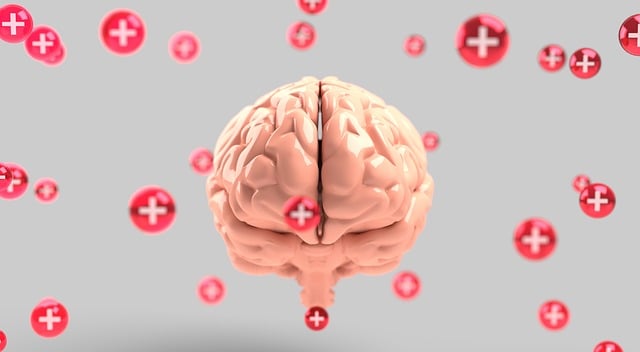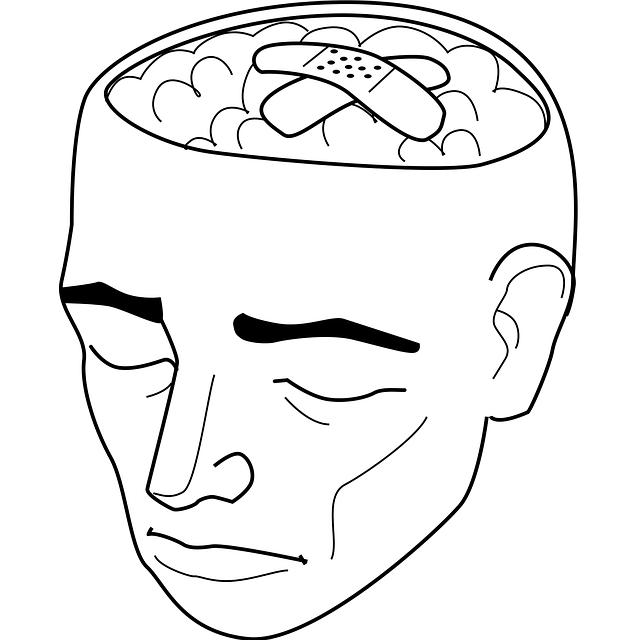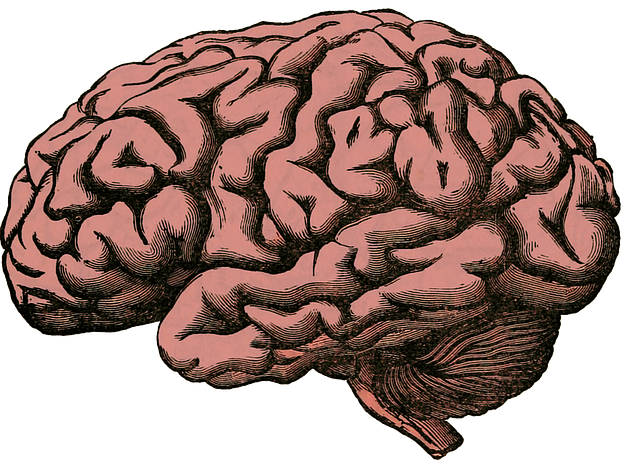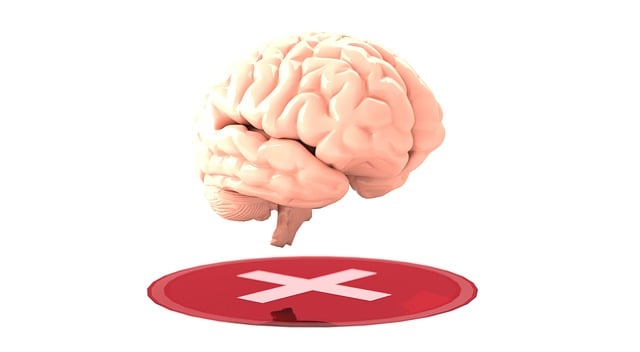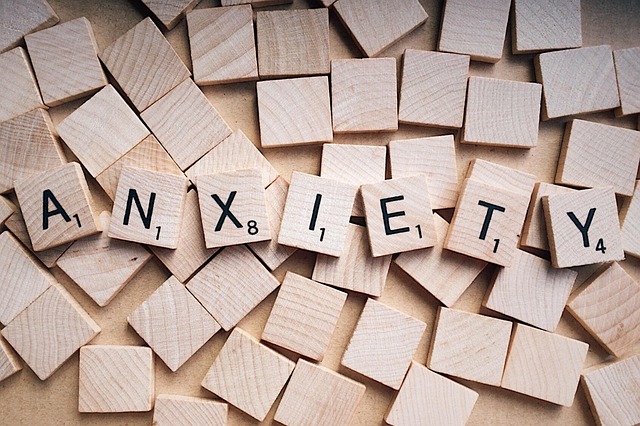For adults dealing with complex gender identity issues, therapy is a cornerstone of mood regulation, offering safe spaces to explore emotions and develop effective coping strategies. Approaches like Cognitive Behavioral Therapy (CBT) challenge negative thought patterns, while mindfulness meditation practices enhance emotional resilience. Combining these techniques with self-care practices such as adequate sleep, exercise, and diet, adults navigating therapy for adults gender identity can achieve improved well-being, manage symptoms of depression and anxiety, and embark on a journey towards self-acceptance.
Mood regulation strategies are essential tools for maintaining emotional balance and overall well-being. This article explores various approaches to understanding and managing mood, with a particular focus on adults navigating gender identity issues. From unravelling the complexities of emotional balance to practical daily techniques, we delve into effective therapy options specifically tailored for adults experiencing gender identity challenges. By combining scientific insights and actionable strategies, this guide empowers individuals to take control of their mental health.
- Understanding Mood Regulation: Unraveling Emotional Balance
- Therapy Approaches for Adult Gender Identity Issues
- Practical Strategies to Enhance Mood Management Daily
Understanding Mood Regulation: Unraveling Emotional Balance

Understanding Mood Regulation is a pivotal step in achieving emotional balance, especially for adults navigating complex identities like Gender Identity. Emotional wellness is a multifaceted aspect of mental health, and maintaining it involves various strategies tailored to individual needs. Therapy plays a crucial role in this journey, offering safe spaces for adults to explore and manage their emotions effectively. Through professional guidance, individuals can learn to identify triggers, develop coping mechanisms, and enhance their overall resilience.
In the context of Gender Identity, mood regulation techniques become even more significant as they help individuals process unique challenges related to self-acceptance and societal perceptions. The Mental Wellness Podcast Series Production has been instrumental in raising public awareness about such matters, while Mental Health Policy Analysis and Advocacy continues to push for inclusive practices. Public Awareness Campaigns Development further contributes to creating a supportive environment where everyone can access the resources needed for optimal mental health and well-being.
Therapy Approaches for Adult Gender Identity Issues

Many adults experiencing gender identity issues can find significant relief through various therapy approaches tailored to their unique needs. Cognitive Behavioral Therapy (CBT) is a commonly used method that helps individuals challenge and change negative thought patterns related to their gender identity, fostering a more positive self-perception. By focusing on the connection between thoughts, feelings, and behaviors, CBT empowers adults to manage symptoms of depression prevention and anxiety associated with their transition journey.
Additionally, integrating practices like mindfulness meditation can profoundly enhance therapy for adults with gender identity concerns. Mindfulness techniques encourage individuals to stay present, accept their experiences without judgment, and cultivate a deeper understanding of themselves. This promotes positive thinking and emotional resilience, which are vital components in navigating the complexities of gender identity issues. Through these therapeutic approaches, adults can embark on a path toward self-acceptance and improved overall well-being.
Practical Strategies to Enhance Mood Management Daily

In today’s fast-paced world, effective mood regulation strategies are essential tools for adults navigating the complexities of life, especially those identifying with diverse gender identities. Beyond traditional therapy, several practical approaches can significantly enhance mood management on a daily basis. Mindfulness practices, such as meditation and deep breathing exercises, have been scientifically proven to reduce stress and improve emotional well-being. Incorporating these techniques into your routine can foster a sense of calm and resilience, serving as a powerful antidote to burnout, particularly for healthcare providers who often face high-stress environments.
Additionally, prioritizing self-care is paramount. Adequate sleep, regular physical activity, and a balanced diet are cornerstones of mood stability. Engaging in activities that instill a sense of pleasure and accomplishment, whether creative pursuits, spending time in nature or connecting with loved ones, can bolster self-esteem—a key factor in maintaining positive mental health. By integrating these simple yet profound strategies into everyday life, adults exploring therapy for gender identity issues can better manage their moods, foster resilience and cultivate a deeper sense of well-being.
Mood regulation is a multifaceted skill, and understanding various strategies can significantly improve emotional well-being. From exploring therapy options like those tailored for adults with gender identity issues to adopting practical daily habits, individuals now have accessible tools to manage their moods effectively. By integrating these techniques into their lives, people can foster resilience, enhance emotional intelligence, and lead more balanced and fulfilling lives. Remember, seeking support is a sign of strength, and there are resources available to help navigate the journey towards better mood regulation.



